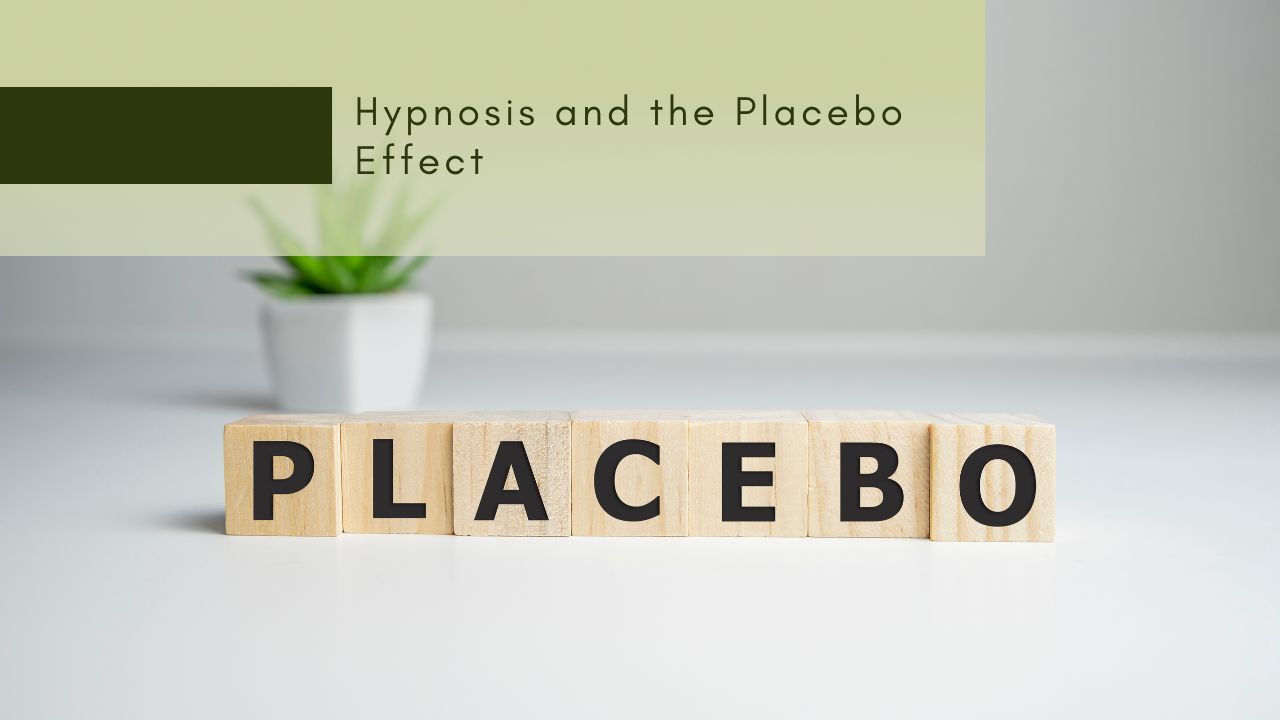Importance of Effective Study Habits for Academic Success
Effective study habits play a crucial role in academic success. They contribute to better understanding of course material, improved retention of information, and enhanced performance in exams. Below are some key reasons why developing effective study habits is important for academic success:
- Improved Learning and Understanding: Effective study habits, such as active reading, summarizing, and note-taking, help students engage with the material actively. This promotes a deeper understanding of the subject matter rather than just memorization.
- Enhanced Memory Retention: Techniques like spaced repetition, mnemonic devices, and regular review sessions improve memory retention. When students revisit and reinforce information over time, they are more likely to remember it for the long term.
- Time Management: Developing effective study habits encourages better time management. Students learn to allocate their time efficiently, ensuring that they cover all necessary topics and have sufficient time for review before exams.
- Increased Focus and Concentration: Implementing study habits helps students create a focused and distraction-free study environment. Improved concentration allows for more productive and efficient study sessions.
- Stress Reduction: By consistently following effective study habits, students can reduce stress levels associated with academic challenges. Being well-prepared for exams and assignments can alleviate anxiety and boost confidence.
- Development of Critical Thinking Skills: Active engagement with study materials promotes critical thinking skills. Students learn to analyze, evaluate, and synthesize information, leading to a deeper understanding of the subject matter.
- Better Exam Performance: When students adopt effective study habits, they are better prepared for exams. This preparation includes thorough understanding of the material, effective time management, and the ability to recall information under exam conditions, all of which contribute to improved performance.
- Long-Term Academic Success: Establishing good study habits early in one’s academic journey sets the foundation for long-term success. As students progress through different levels of education, effective study skills become increasingly important for tackling more complex subjects.
- Self-Discipline and Motivation: Consistent study habits help develop self-discipline and motivation. Students learn to adhere to a study schedule, even when faced with distractions or competing priorities.
- Preparation for Lifelong Learning: Effective study habits instill a love for learning and equip students with skills that extend beyond their academic careers. These habits contribute to a lifelong ability to acquire and apply new knowledge.
- Personal and Professional Development: Beyond academics, effective study habits can contribute to personal and professional development. Skills such as organization, time management, and critical thinking are valuable in various aspects of life.
In summary, effective study habits are essential for academic success as they contribute to a deeper understanding of the material, improved memory retention, and better performance in exams. Developing these habits not only enhances academic achievements but also fosters skills that are valuable throughout life.
Hypnotherapy as a Tool for Boosting Learning Abilities
The use of hypnotherapy as a tool for boosting learning abilities is a topic of debate, and the scientific evidence supporting its efficacy in this specific context is limited. Many do report positive experiences with hypnotherapy for enhancing focus, concentration, and memory, and reducing stresses and anxiety associated with concerns about learning.
How Hypnotherapy Affects the Mind’s learning and Memory Processes
Hypnotherapy is a therapeutic technique that involves inducing a trance-like state to enhance focus, concentration, and suggestibility. While the specific effects of hypnotherapy on learning and memory processes are not fully understood, some theories suggest how it might influence these cognitive functions. They include:
Increased Focus and Concentration: Hypnotherapy often involves relaxation techniques that can lead to increased focus and concentration. By calming the mind and reducing distractions, individuals may find it easier to engage with and process information.
Suggestibility and Positive Suggestions: Hypnotherapy relies on the power of suggestion. During a hypnotic state, individuals may be more receptive to positive suggestions, which can include suggestions related to learning and memory improvement. The idea is that positive affirmations may influence attitudes and behaviors related to learning.
Reduction of Stress and Anxiety: Stress and anxiety can negatively impact learning and memory. Hypnotherapy aims to induce a state of deep relaxation, which may help reduce stress and anxiety levels. Lower stress levels can contribute to a more conducive environment for learning and memory consolidation.
Exploration of Subconscious Mind: Some forms of hypnotherapy involve accessing the subconscious mind. This exploration may be used to uncover and address underlying issues that could be affecting learning and memory. Resolving emotional or psychological barriers may, in turn, enhance cognitive functioning.
Enhanced Visualisation and Imagery: Hypnotherapy often incorporates visualisation and imagery techniques. Individuals may be guided to create vivid mental images related to learning material. Visualisation can be a powerful tool for memory enhancement and recall.
Altered State of Consciousness: The trance-like state induced during hypnotherapy may be associated with changes in brain activity. While the specific neurological mechanisms are not fully understood, some studies suggest that hypnotic states may alter brain patterns in ways that could influence memory and learning processes.
Placebo Effect: The placebo effect, where the expectation of improvement leads to actual improvement, can play a role in the perceived effectiveness of hypnotherapy. If individuals believe that hypnotherapy will enhance their learning and memory, this positive expectation might contribute to observed benefits.
Setting the Stage for Successful Hypnotherapy for Study Habits
Preparing for successful hypnotherapy for study habits involves creating a conducive environment and adopting a positive mindset. Hypnotherapy is a collaborative process, and your active participation and commitment to change are essential for success. For effective study other evidence-based study strategies alongside hypnotherapy are required.
Glimpse into a Hypnotherapy Session for Enhancing Study Habits
During a hypnotherapy session for enhancing study habits, you can expect a collaborative and guided process aimed at addressing underlying issues, promoting positive changes in behavior, and improving your overall approach to studying. Below is what you might typically experience during such a session:
Consultation and Goal Setting: The session may begin with a discussion between you and the hypnotherapist. This consultation allows the hypnotherapist to understand your specific study habits, challenges, and goals. Together, you’ll define the objectives you want to achieve through hypnotherapy.
Relaxation Techniques: To induce a state of deep relaxation, the hypnotherapist may guide you through relaxation techniques. This can include deep breathing exercises, progressive muscle relaxation, or other methods designed to calm the mind and body.
Induction into a Hypnotic State: The hypnotherapist will guide you into a hypnotic or trance-like state. This is not a state of unconsciousness but rather a focused and heightened state of awareness where you are more receptive to suggestions.
Positive Suggestions and Visualisation: While in the hypnotic state, the hypnotherapist may provide positive suggestions related to your study habits. These suggestions might focus on improving focus, time management, motivation, and overall positive attitudes toward studying. Visualisation techniques may be used to reinforce these suggestions.
Exploration of Subconscious Mind: Some hypnotherapy sessions involve exploring the subconscious mind to identify and address any underlying issues or beliefs that may be affecting your study habits. This exploration aims to bring about positive changes at a deeper level.
Behavioral Reinforcement: The hypnotherapist may work with you to reinforce positive behaviors related to studying. This could involve creating mental associations between positive emotions and effective study habits.
Anchoring Techniques: Anchoring involves associating a specific stimulus (such as a word or gesture) with a particular emotional or mental state. The hypnotherapist may use anchoring techniques to help you access a focused and motivated state when needed, such as during study sessions.
Post-Hypnotic Suggestions: You may receive post-hypnotic suggestions, which are suggestions given during the session that are intended to have an ongoing impact after the session has concluded. These suggestions are designed to influence your behavior and mindset in a positive way.
Discussion and Feedback: Towards the end of the session, there will be an opportunity for discussion and feedback. You may share your experiences, thoughts, and any insights gained during the session.
Homework or Reinforcement Activities: The hypnotherapist may provide you with homework or reinforcement activities to practice between sessions. These activities are designed to reinforce the positive changes initiated during the hypnotherapy session.
Finding the Ideal Hypnotherapist for Your Study Habit Transformation
Finding the ideal hypnotherapist for your study habit transformation involves careful consideration and research. Here are steps to help you identify a qualified and suitable hypnotherapist:
Define Your Goals: Clearly define your goals for study habit transformation. Knowing what specific changes you want to make will help you find a hypnotherapist with expertise in that area.
Check Qualifications and Credentials:
Interview Potential Hypnotherapists: Schedule initial consultations or interviews with potential hypnotherapists. Use this opportunity to discuss your goals, ask about their approach, and assess whether you feel comfortable working with them.
Ask About Experience: Inquire about the hypnotherapist’s experience in working with individuals seeking study habit transformation. Ask about their success stories and how they typically approach sessions for this specific goal.
Discuss Techniques Used: Understand the techniques the hypnotherapist employs. Ensure they use evidence-based and ethical approaches that align with your preferences and comfort level.
Clarify the Number of Sessions: Discuss the expected number of sessions needed to achieve your goals. While this can vary, a reputable hypnotherapist should be able to provide a general idea based on your specific needs.
Verify Accessibility: Consider the location and accessibility of the hypnotherapist’s practice. Ensure it’s convenient for you to attend sessions regularly.
Trust Your Instincts: Pay attention to your gut feeling during the initial consultation. Trust is essential in the therapeutic relationship, so choose a hypnotherapist with whom you feel comfortable and understood.
Cost and Insurance: Clarify the cost of sessions and whether the hypnotherapist accepts insurance. Understand the payment structure and any potential additional fees.
The effectiveness of hypnotherapy can vary among individuals, and it’s important to choose a hypnotherapist with whom you have a good rapport. If, at any point, you have concerns or questions, don’t hesitate to discuss them with the hypnotherapist. Overall, finding the right hypnotherapist involves a thoughtful and informed individual decision-making process.




